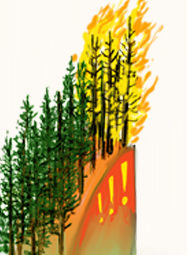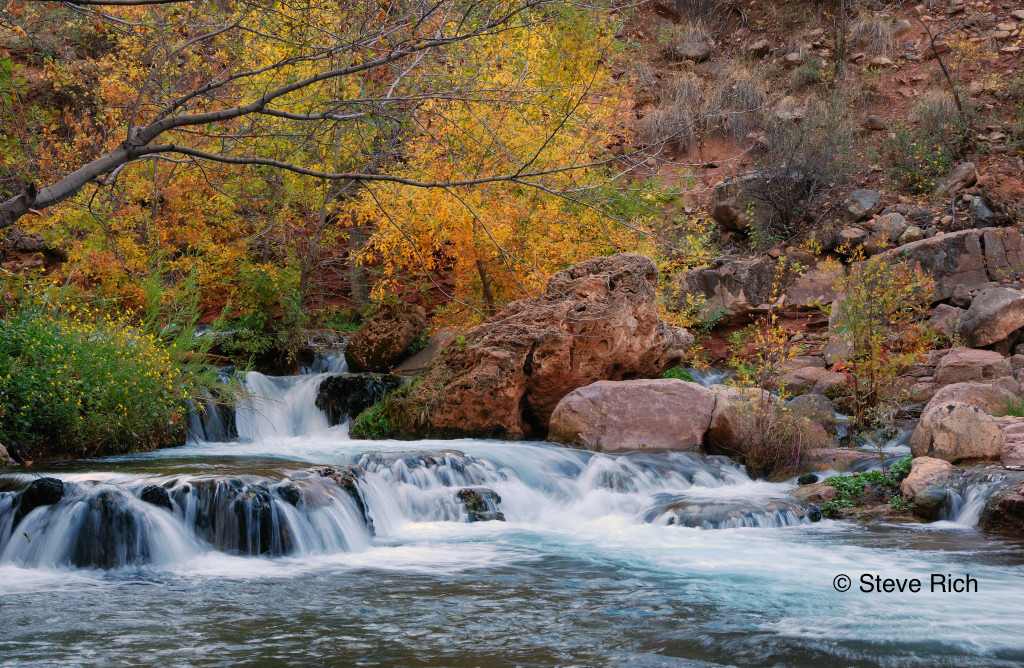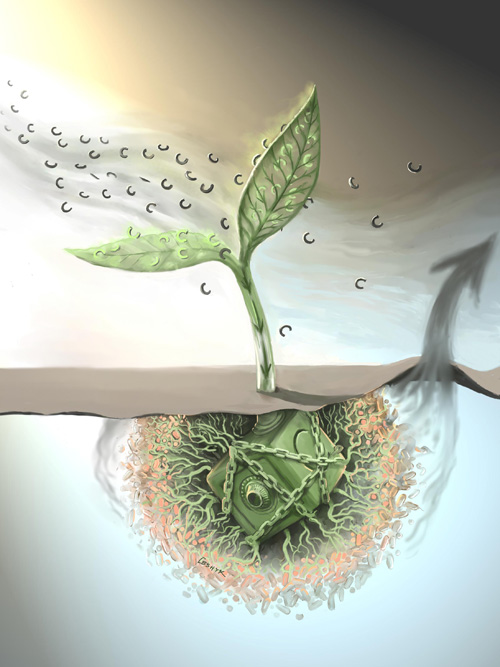Salinity affects microbial activity and soil organic matter content in tidal wetlands
Climate change-associated sea level rise is expected to cause saltwater intrusion into many historically freshwater ecosystems. Of particular concern are tidal freshwater wetlands, which perform several important ecological functions including carbon sequestration. To predict the impact of saltwater intrusion in these environments, we must first gain a better understanding of […]


